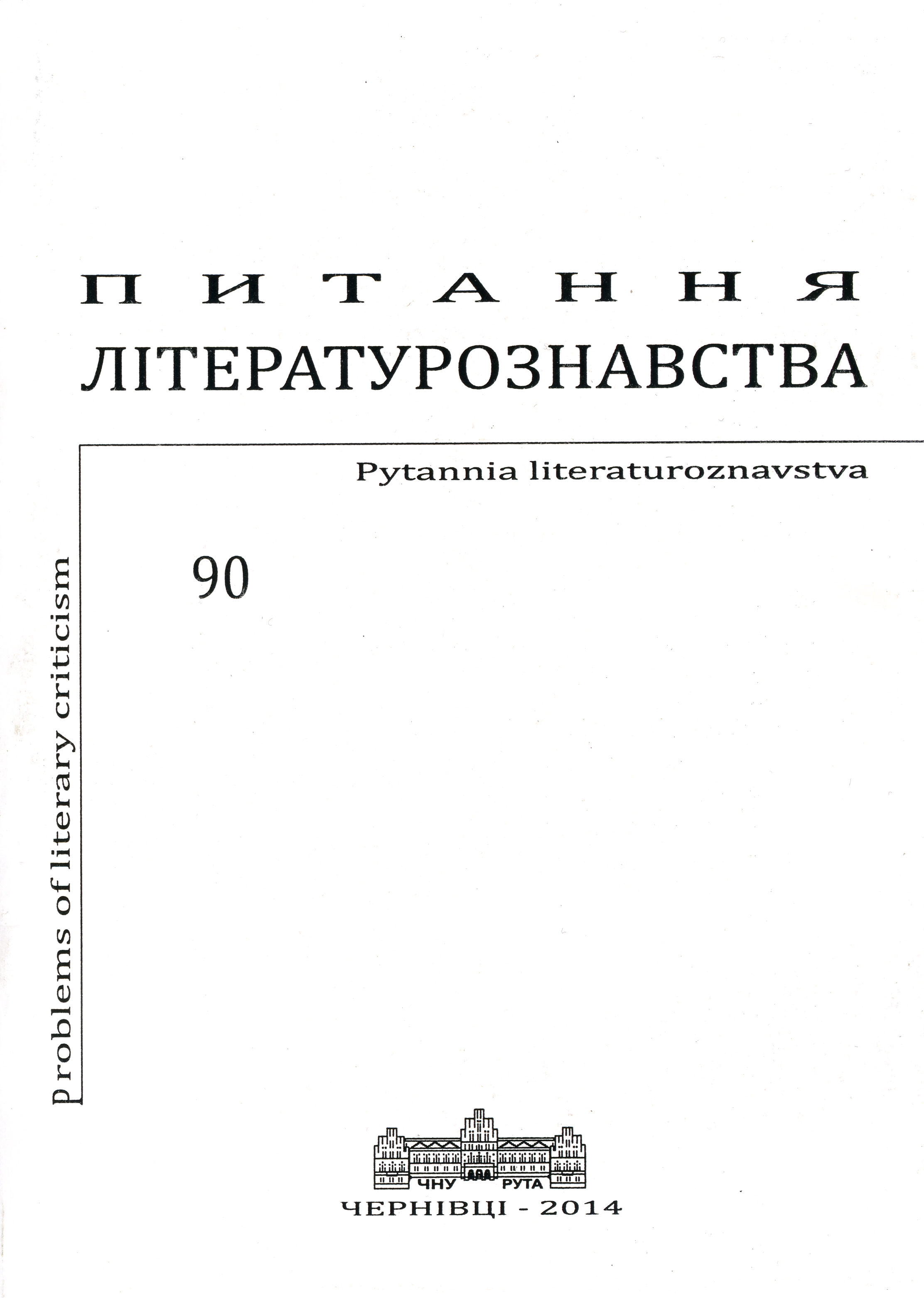Сенгор: утопічно-філософські фрейми біографії
Senghor: The Utopian and Philosophical Frames of Biography
Author(s): Iryna SatygoSubject(s): Language and Literature Studies, Studies of Literature, French Literature, Theory of Literature
Published by: Чернівецький національний університет імені Юрія Федьковича
Keywords: Léopold Senghor; biography; Négritude; verset; Kingdom of Childhood; Universal Civilization; Senegal; Francophony.
Summary/Abstract: The article considers the main biographical moments of Leopold Sédar Senghor (1906 – 2001), Senegalese poet, thinker and statesman, the president of Senegal (1960 – 1980), the most influential writer of the West-African literary region, the renewer of poetic form verset. The heritage of the poet is traced within a postcolonial literary practice; therefore, the writer was formed on the border of two cultures – colonial Christian and ethnic Senegalese, which first of all has defined world-view themes and hybrid rhythmic character of his texts. Our study analyses the poems from the collections marked by the main themes of his life: “Twilight Songs” (1945), “Black Victims” (1948), “Ethiopiques” (1956), “Letters of Raining Season” (1972), “Major Elegies” (1979). The formation of Senegalese written literature occurred on the base of the French language, which became a unifying factor for the multilingual Senegalese culture. It is also stressed that Senghor’s Négritude conception became a culturological paradigm for the whole generation of African writers of the XX century, having generated thereby one more feature of the Senegalese literature. The basic principle of the Négritude proclaimed by Senghor was the return to African sources, and consequently, traditional African values became source of inspiration of the African artists. Thus, Senegal, due to Senghor, became a cultural centre of the postcolonial West Africa.
Journal: Питання літературознавства
- Issue Year: 2014
- Issue No: 90
- Page Range: 170-186
- Page Count: 17
- Language: Ukrainian

